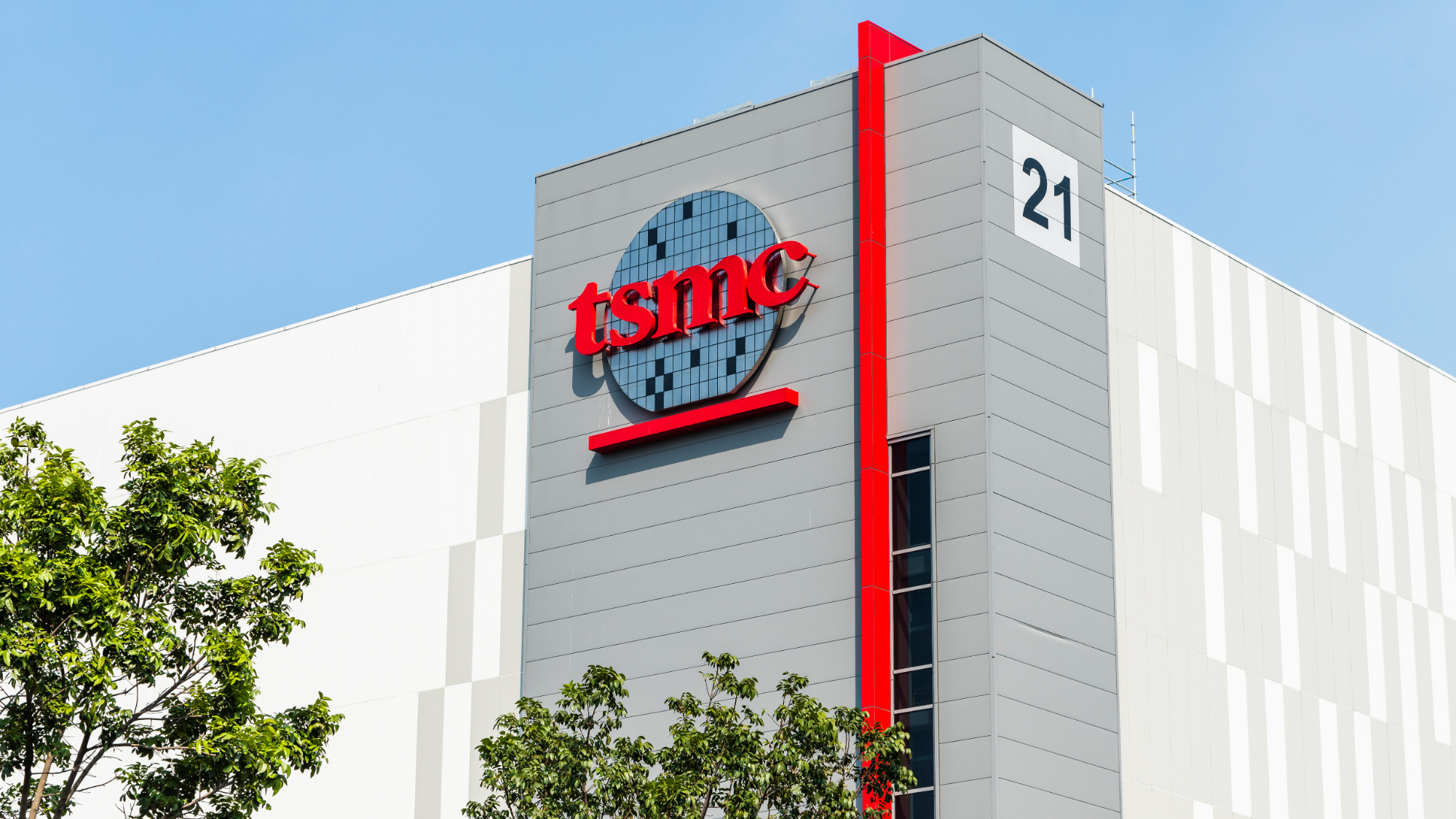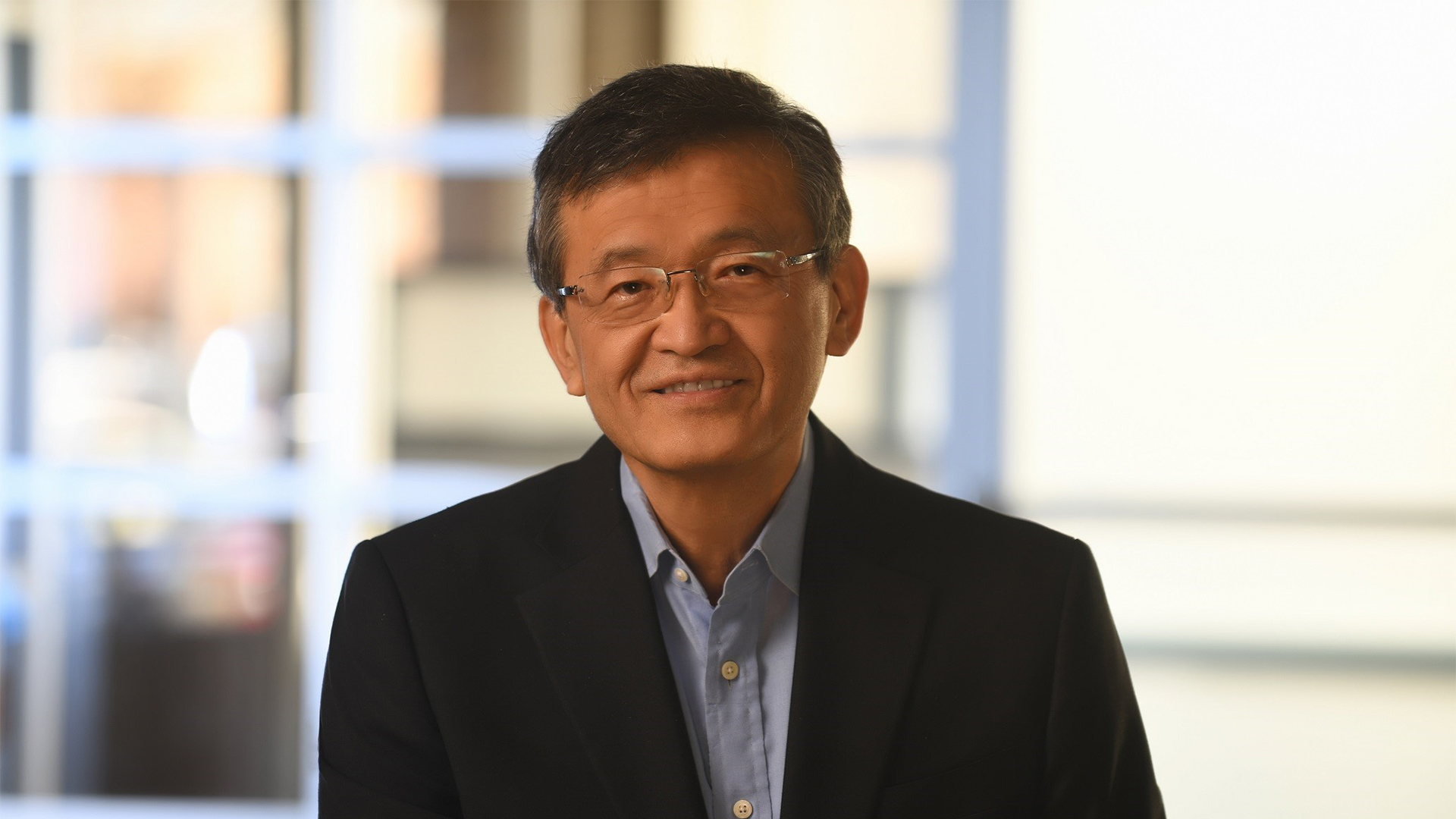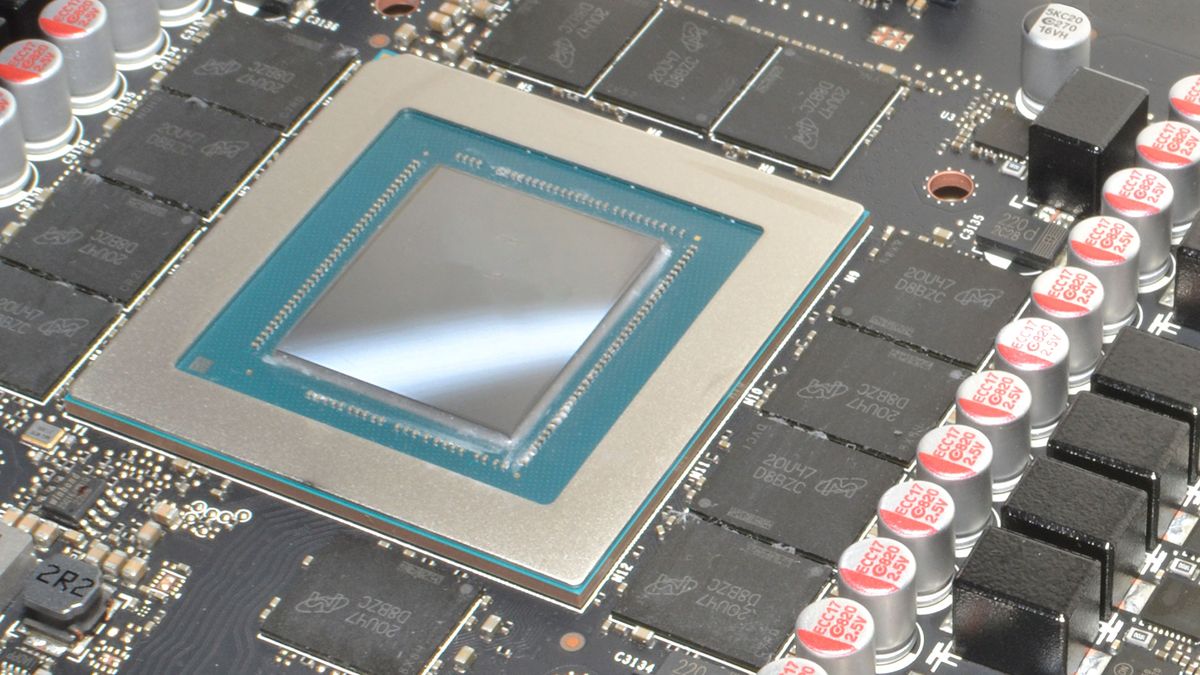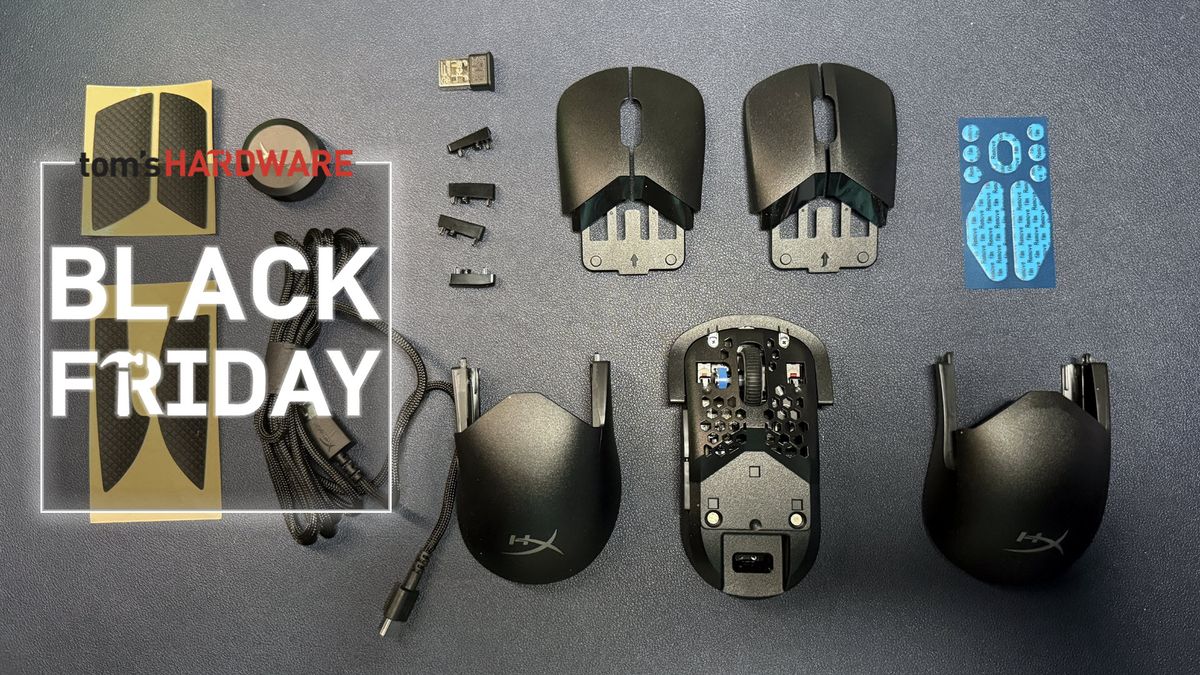Yesterday, we reported on TSMC's newly filed lawsuit against one of its former executives, Wei-Jen Lo, alleging breach of contract. TSMC believes that Lo's extensive history at the firm carries invaluable "trade secrets" that he could leak to Intel, giving it a competitive advantage. Today, in response to this lawsuit, Intel CEO Lip-Bu Tan reassured employees in an internal memo that the company fully stands behind Wei-Jen Lo and dismissed all allegations as baseless.
Lo joined Intel as Executive Vice President in October 2025, just a few months after leaving TSMC, following his 21-year stint at the company. Lo was one of the highest-ranking execs there, overseeing R&D and manufacturing operations. He brings a unique perspective to the industry, drawing on experience in both chip design and mass production — a skill any semiconductor firm will find indispensable.

Lo worked for Intel before he joined TSMC in 2004, so the situation is just coming full circle. Now he's back at his original company, but full of confidential info from his previous employer, according to TSMC. Intel remains fervent in denying these claims, saying that it "maintains rigorous policies and controls that strictly prohibit the use or transfer of any third-party confidential information or intellectual property."
Having the full support of Lip-Bu Tan certainly makes the situation more interesting than just a routine litigation spat. It suggests that Lo's hiring has already been confirmed to some degree and is ready to move ahead. It also shows that Intel is serious about its chipmaking ambitions following a government-backed revitalization over the past few months, as evidenced by the debut of the 18A process in Panther Lake. After a long while, Intel can finally be competitive with TSMC again.
The lawsuit, therefore, gains additional nuance and could pertain to Lo's manufacturing expertise as part of a foundry that secures external customers. That's what Intel is looking to do right now, after all, and that work goes beyond just the chip design on its own. Moreover, if Lo was really bound by trade-secret laws and contracts, local Taiwanese courts (where the case was filed) have clear jurisdiction over the matter, regardless of Intel being an American company.

Follow Tom's Hardware on Google News, or add us as a preferred source, to get our latest news, analysis, & reviews in your feeds.

 6 hours ago
9
6 hours ago
9









 English (US) ·
English (US) ·